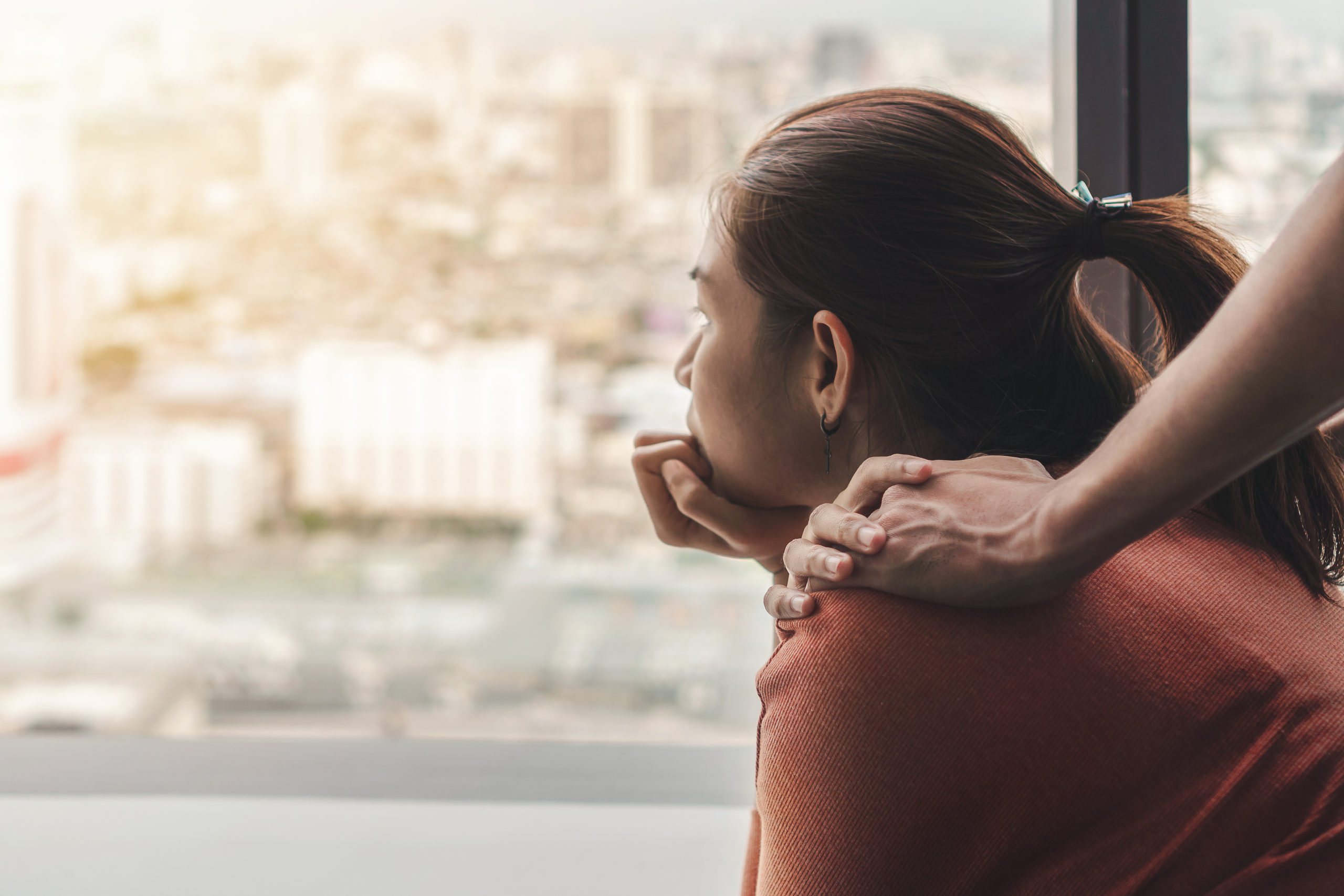Post-traumatic stress disorder or PTSD is a disorder often attributed to the struggles experienced by soldiers returning from war, police officers experiencing trauma in the line of duty, or perhaps emergency services personnel responding to a tragic event. Unfortunately, the impacts of PTSD reach far beyond those who experience trauma as part of employment or military services. PTSD can affect anyone of any age who is unfortunate enough to witness or experience trauma.
What Is PTSD?
Post-traumatic stress disorder is a mental disorder arising from experiencing or witnessing a traumatic event. Traumatic events come in many forms, including a natural disaster, serious accident, abuse, assault, serious injury, illness, experiencing a terrorist act, and many others. Without treatment to address the symptoms and effects of PTSD, it can have an overwhelming and detrimental impact on your day-to-day functioning and relationships, employment, physical and long-term emotional health.
What Are the Signs of PTSD in Women?
Some signs of PTSD are common across genders. Often, someone who struggles with PTSD will typically experience overwhelming emotions and disturbing thoughts related to the event lasting long after the trauma is over. They may also continue to “relive” the event through flashbacks or nightmares. Also, someone with PTSD may actively avoid situations, places, or people that remind them of their traumatic experience and have intensely negative reactions to ordinary stimuli like touch or a loud noise.
Some PTSD symptoms are more common for women than men. Women with PTSD may be “jumpier” and have more difficulty feeling emotions. Also, women who struggle with untreated PTSD are more likely to feel anxiety and depression.
It is important to note that not all women who experience trauma will develop PTSD. However, certain factors may increase your risk. These factors relate to your personal mental health history, the type of trauma, and the level of support received immediately after the trauma. Common examples of such factors include:
- Experiencing sexual assault or life-threatening trauma.
- Lack of social support after the event.
- A history of past mental health problems.
- Experiencing stressful events immediately after a traumatic event.
Do Women Who Suffer From PTSD Also Battle Substance Abuse?
Depending on the individual and the circumstances of their unique traumatic experience, some women may experience new or worsening mental and physical health symptoms. For various reasons, women are more than twice as likely to develop PTSD than men. After trauma, women may feel depressed and anxious. Also, they may blame themselves for the traumatic experience. This can lead to increased use of drugs and alcohol as a way to cope with both physical and emotional pain. Recent research indicates a high rate of substance abuse and PTSD in women, with estimates as high as 60%.
How to Get Help With PTSD and Addiction
Seeking help to overcome PTSD and addiction is vital to improving your physical and emotional health. At a women-focused treatment center like Casa Serena, you can expect an individually designed treatment program focused on your unique treatment needs and goals. Comprehensive treatment programs typically consist of a combination of therapy, support groups, and in some cases, medication to help alleviate specific symptoms.
The symptoms you may experience resulting from PTSD will vary from person to person. Depending on your experience and pre-existing conditions, your symptoms may range from mild to debilitating. For many who have experienced trauma and developed post-traumatic stress disorder from their experiences, symptoms do not tend to resolve on their own. Seeking treatment to learn more about your symptoms can help you better manage them today and into the future.
At Casa Serena, our caring and compassionate team of treatment professionals will work with you on a treatment plan to heal your physical, psychological, and spiritual person. If you are ready to overcome the challenges PTSD places on your day-to-day life, contact Casa Serena today to learn more about how we can help.


